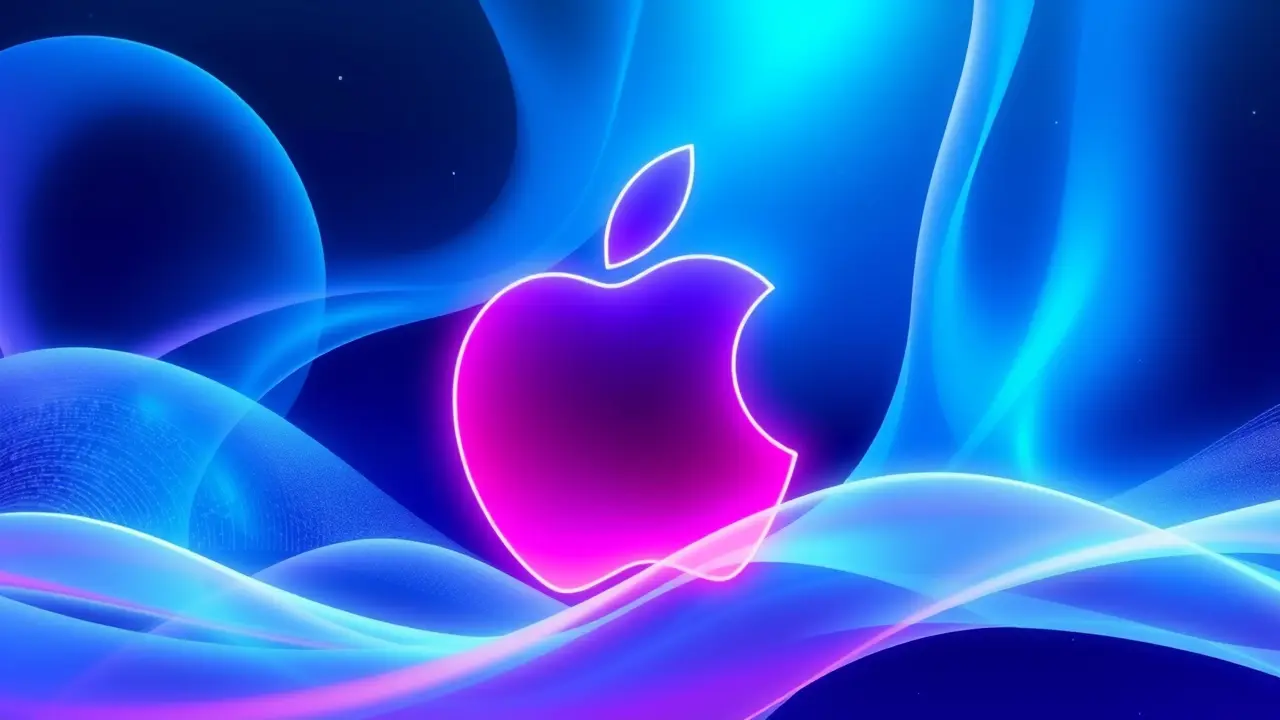Apple's Chance to Lead in AI-Powered Apps
The launch of OpenAI's ChatGPT app platform has ignited a fierce debate about the future of AI at our fingertips, but to count Apple out of this race would be a profound miscalculation, akin to dismissing the strategic depth of a grandmaster in a chess match's opening moves. While the narrative du jour is dominated by the raw, explosive power of large language models from research labs, Apple's path to dominance in the AI-powered app era is not one of brute computational force but of elegant, systemic integration—a philosophy deeply embedded in its corporate DNA since the seamless synergy of the first iPod and iTunes.The true battleground isn't just the model itself; it's the user experience, the privacy paradigm, and the deeply entrenched ecosystem that serves over two billion active devices worldwide. Imagine a Siri, long the subject of tech-world ridicule for its comparative stupidity, suddenly infused with the contextual awareness of a fine-tuned LLM running on-device for privacy and speed, capable of not just setting a timer but of drafting a complex document based on a casual voice command, cross-referencing your calendar, messages, and health data to proactively manage your day.This isn't a far-off fantasy; it's the logical culmination of Apple's decade-long investment in its Neural Engine and its recent research papers on running LLMs efficiently on memory-constrained hardware. The App Store, often criticized as a walled garden, becomes its ultimate strategic asset—a curated, secure distribution channel where AI isn't a standalone app you toggle between, but an invisible, intelligent fabric woven into every application, from a fitness app that dynamically adjusts your workout based on real-time biometrics to a creative suite where AI-assisted editing feels like an extension of your intuition.The contrast in philosophies is stark: OpenAI's approach is the creation of a powerful, general-purpose engine, a marvel of engineering that you must consciously go and use, while Apple's potential is the creation of an intelligent, ambient environment that works for you silently in the background. Critics will point to Apple's perceived slowness, its notorious secrecy that can feel like hesitancy in a market moving at light speed.However, history offers a compelling precedent: Apple didn't invent the smartphone, the MP3 player, or the tablet; it refined, integrated, and perfected them, creating holistic experiences that competitors scrambled to emulate for years. The same pattern could unfold here.The regulatory and ethical quagmire surrounding data privacy and AI hallucination presents a minefield for purely cloud-based services; Apple's steadfast commitment to on-device processing and differential privacy isn't just a marketing slogan—it's a formidable moat that could become its most significant competitive advantage as public awareness of data exploitation grows. Furthermore, the economic implications are staggering.A smarter, more proactive Siri could fundamentally reshape the app economy, moving from a model of transactional purchases to one of subscription-based, persistent AI assistance, creating new revenue streams for developers and locking users even more tightly into an ecosystem that genuinely anticipates their needs. The question is no longer if Apple has the technological capability—its acquisitions of AI startups like Xnor.ai and its poaching of top talent from Google confirm it does—but whether it can execute this vision with the speed and elegance required to fend off the existential threat posed by OpenAI and Google. The coming year, likely culminating at WWDC, will be a defining moment.If Apple can successfully merge its hardware prowess, software elegance, and ecosystem depth with a new generation of pragmatic, powerful AI, it won't just be competing in the AI-powered app era; it will be architecting it, setting the standards for privacy, usability, and integration that all others will be forced to follow. The race is on, and underestimating the Cupertino giant has always been a costly mistake.
It’s quiet here...Start the conversation by leaving the first comment.
© 2025 Outpoll Service LTD. All rights reserved.
